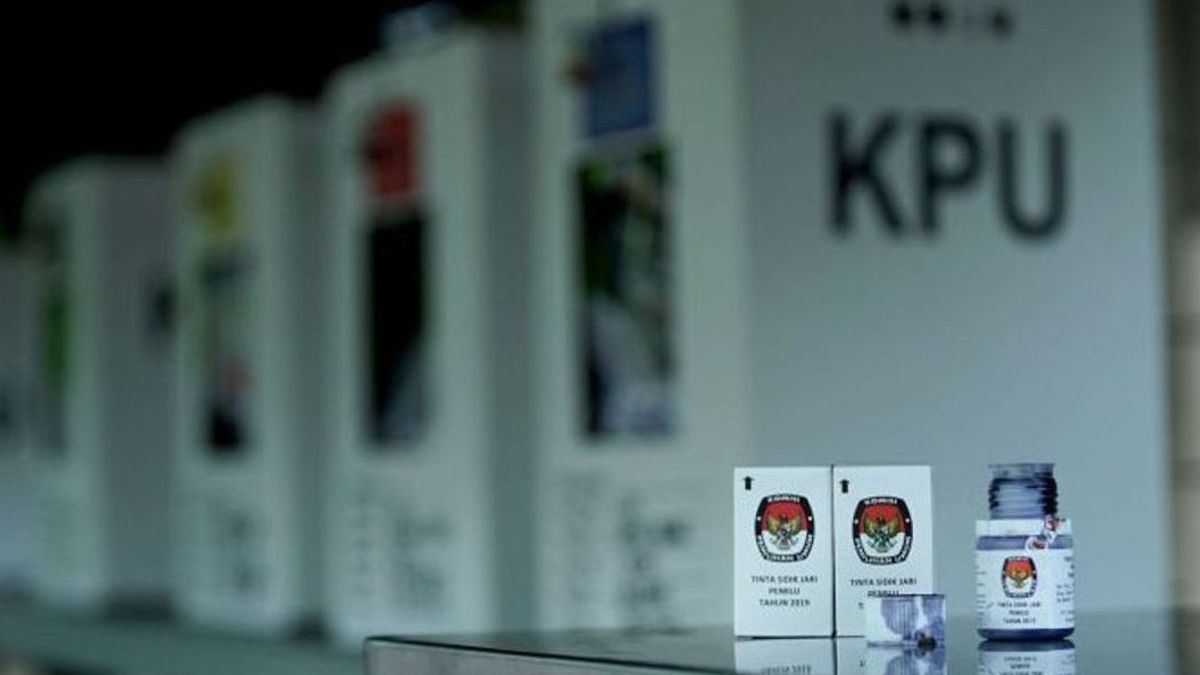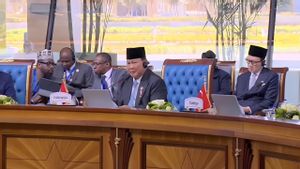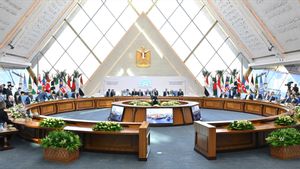JAKARTA - The Association for Elections and Democracy (Perludem) suggests that the General Election Commission (KPU) continues to use a tiered manual recapitulation process in the 2020 Pilkada vote count.
"Perludem recommends that the recapitulation of votes in the 2020 Pilkada remains manual-based. Then, Sirekap is used as comparative data as well as a means of transparency and public information," said Perludem researcher Nurul Amalia Salabi in her statement, Thursday, August 27.
In the Sirekap simulation, Perludem saw the KPU staff who acted as KPPS officers taking a long time to successfully send the scan results of the Optical Character Recognition (OCR) and Optical Mark Recognition (OMR) systems to the voice tabulation server.
In addition, the system often failed to scan the C1 Plano form because the photos taken by officers were less focused, the system mistakenly converted numbers, and barcodes that were inaccessible to witnesses and polling station supervisors (TPS).
"Access is denied by the system with the answer 'Your Network is Not Private'. So, technologically it still needs improvement," said Nurul.
Then, said Nurul, in the Sirekap simulation conducted by 30 KPU staff, there were still some KPPS officers who had difficulties and confusion when the system could not read Form C1 Plano, the system converted numbers incorrectly, and barcodes could not be accessed.
"The same difficulties and confusion will be faced by KPPS if the guidance provided is inadequate. For this, the KPU should prepare a list of explanations of problems that often occur during trials to help KPPS in charge," he said.
Then, Perludem assessed that Article 111 paragraph (1) of the Regional Head Election Law Number 1 of 2015 is not sufficient to become the legal umbrella governing Sirekap. As a result, the implementation of Sirekap cannot be regulated in the KPU Regulation (PKPU).
"The Pilkada Law does not regulate digital evidence as legally valid evidence, an institution or party authorized to audit Sirekap, and sanctions for violations in the electronic recapitulation process," he said.
Furthermore, Nurul said that the Election Supervisory Agency also did not agree that Sirekap should replace the tiered manual recapitulation process. Bawaslu only wants Sirekap to be a companion for manual recapitulation.
"The difference in views between the KPU and Bawaslu regarding the status of Sirekap should not be underestimated," said Nurul.
As is known, the KPU held a simulation of the use of the Sirekap application. Sirekap will be used to calculate the results of the regional elections that were held in the midst of the COVID-19 pandemic
The simulation was carried out by 30 KPU RI employees who acted as the Voting Organizing Group (KPPS). The KPU also presented 6 witnesses and 6 polling station supervisors.
First, the KPU prepares an official report on the results of vote recapitulation (C1-KWK) that has been filled in as a sample. This sheet is installed around the walls of the Plenary Meeting Room of the KPU RI office.
"Each of these KPPS officers will later use the Sirekap application on their respective cellphones, with several existing sequences," said KPU Commissioner Evi Novida Ginting.
The Sirekap application will display the data from the C1 plano input process. The KPPS officer then sends the photos to the witnesses and the TPS supervisor in the form of a QR code.
The data is then aggregated from each TPS to sub-districts, sub-districts, to regencies / cities in the election for mayor / regent, or forwarded to the provincial level for gubernatorial elections.
The English, Chinese, Japanese, Arabic, and French versions are automatically generated by the AI. So there may still be inaccuracies in translating, please always see Indonesian as our main language. (system supported by DigitalSiber.id)







